Chile/29 septiembre 2016/Fuente: El Confidencial
El psiquiatra chileno Claudio Naranjo (Valparaíiso, 1932) es una de las figuras más relevantes del humanismo contemporáneo. Aunque se dio a conocer por sus trabajos en torno a la terapia gestalt y el eneagrama de la personalidad, desde finales de los noventa ha centrado sus estudios en el ámbito de la educación. Pese a tener ya 80 años, Naranjo escribe una media de dos o tres libros al año y sigue impartiendo conferencias en todo el mundo.
En su última visita a Madrid, Naranjo atendió a El Confidencial en un pequeño piso del barrio de Ibiza, donde suele pasar las noches cuando visita nuestro país. El psiquiatra no necesita hoteles: en casi todas las ciudades tiene admiradores que le ofrecen techo, amistad y le siguen a todas partes. En cierto modo Naranjo parece un profeta, aunque él nunca se definiría como tal. Su misión, en cualquier caso, sí la tiene clara: trasmitir la idea de que es necesario cambiar este mundo, y de que ese cambio tiene que empezar en nosotros mismos.
Sólo hay dos cosas que pueden hacer que el mundo se transforme: un cambio personal y una nueva educación“Las personas están mal”, explica Naranjo, “y sufren en parte porque no saben que sufren”. Esta desazón vital, cuenta el psiquiatra, hace que aparezcan la depresión, las enfermedades psicosomáticas y se pierda la motivación y el sentido de la vida. “Hay malestar”, asegura, “pero el malestar no llegará más lejos mientras no se transforme en algo más”. En su opinión, sólo hay dos cosas que pueden hacer que el mundo se transforme: un cambio personal y una nueva educación.
Cambiar la educación para cambiar el mundo
Para Naranjo la educación es la institución más podrida de nuestra civilización pues lo que debería servir para hacernos hombres sirve en realidad para acabar con nuestra humanidad: “Hoy la educación está al servicio del poder y las empresas. Hay una voluntad política para que la educación sirva para tener a la persona dormida, para que forme parte del rebaño. No se puede comprobar, pero funciona así. Uno tarda en darse cuenta porque hemos sido educados en los valores de esta educación. La educación cumple su función deshumanizadora, pero no nos damos cuenta porque somos inconscientes”.
La verdadera función de la educación, cuenta el psiquiatra, debería servir para ir más allá de lo que somos. “En una escuela ideal”, explica Naranjo, “acompañaríamos los procesos de aprendizaje, fomentaríamos la creatividad y ayudaríamos a los niños a saber, sin la presión de las clasificaciones. Los exámenes son trabajo, no educación. Se enseña a los niños a pasar exámenes que no sirven para nada y no son útiles en la vida”.
Los propios maestros, por mucho que critiquen el sistema, son responsables de que éste siga funcionandoEl psiquiatra, que vinoa España, entre otras cosas, para impartir un curso para profesores, cree que los propios maestros, por mucho que critiquen el sistema, son responsables de que éste siga funcionando sin mayores problemas: “El espanto de la escuela es que el profesor se pone un uniforme interior, y al dar clase deja de ser persona. Son como robots. Muchas mujeres están en la educación por un instinto maternal, pero lo ponen de lado, como si no fuese adecuado dar cariño a los niños y proporcionales una vida feliz”.
La nave se está yendo a pique, pero tenemos un bote salvavidas
En su último libro, La revolución que esperábamos (Ediciones La Llave), Naranjo asegura que estamos entrando en una transformación que habíamos dejado de esperar, y que más bien nos asusta: hasta hoy solo hemos conocido revoluciones políticas e ideológicas, y lo que ahora ocurre es una revolución de la consciencia.
En opinión de Naranjo, nuestros problemas sólo pueden ser resueltos con una conciencia distinta de los que los ha creado. “La educación”, cuenta, “debería ser la institución que liderara este cambio, debería estar a la cabeza, pero es la más obsoleta. Así son las burocracias. Comienzan teóricamente al servicio de algo, pero al final se sirven a sí mismas”.
La transformación, por tanto, no vendrá de manos de un cambio político, del que Naranjo no se fía. “Estoy en una época de mi vida en que estoy tirando la toalla respecto al cambio de las instituciones”, reconoce el psiquiatra. “No creo que se pueda ya hablar con las autoridades, con los que supuestamente tienen poder. Creo que la educación cambiará, si es que cambia, porque cambian los individuos”.
El colapso del sistema es nuestra única esperanza para construir algo mejorA lo largo de su vida, el psiquiatra, que en Latinoamérica es una reconocida personalidad, se ha citado con todo tipo de ministros y presidentes para hablarles de sus teorías sobre la educación pero, a día de hoy, no tiene la más mínima confianza en ellos: “Pienso que los políticos tienen un acuerdo para irse cambiando sin hacer nada. Cuando llegan al poder creen que van a ostentarlo, pero son parte de una red que no se puede modificar. Hoy en día la política no tiene poder. Los partidos tienen algo de poder aparente, no los gobernantes, pero es el poder económico el que controla todo, y la educación es su socio invisible, parte del complejo militar-industrial”.
Naranjo ya no cree, siquiera, en la protesta ciudadana. Y tiene un mensaje para la ‘marea verde’: “Las protestas educativas no tienen contenido, no piden un cambio en la educación, piden mejores sueldos. No se cree en una educación para trascender la mente patriarcal”.
Esta mente patriarcal, sobre la que Naranjo ha escrito largo y tendido, es para el psiquiatra el origen de nuestros males como sociedad. “Es una mentalidad de hombres cazadores que ya no cazan animales, sino hombres”, explica. “Una mentalidad que nos convierte en depredadores de nosotros mismos”. Por suerte, cuenta, la nave del sistema patriarcal, que construimos hace miles de años, ya no funciona, y está naufragando: “El colapso del sistema es nuestra única esperanza para construir algo mejor. No debemos preocuparnos por que se hunda o no el barco, debemos preocuparnos por encontrar el barco salvavidas”.
Fuente: http://www.elconfidencial.com/alma-corazon-vida/2013-03-03/ldquo-la-educacion-deberia-liderar-el-cambio-pero-es-la-institucion-mas-obsoleta-rdquo_587761/

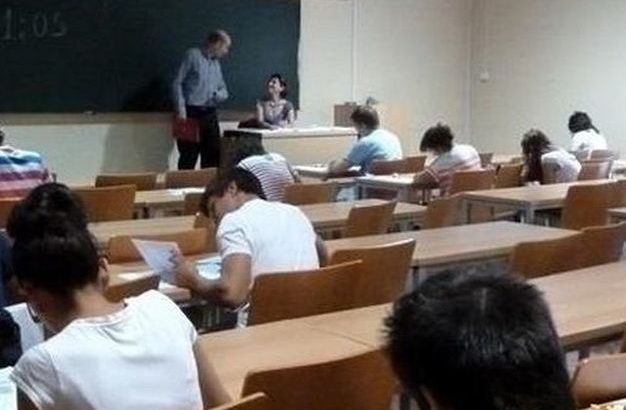
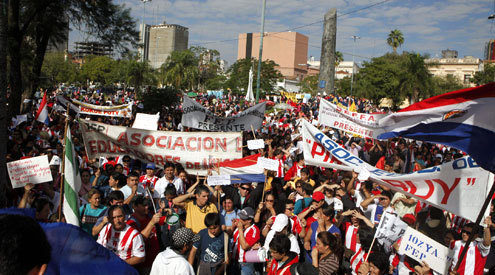
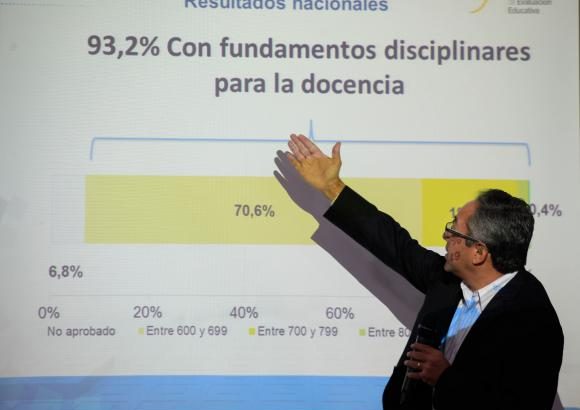

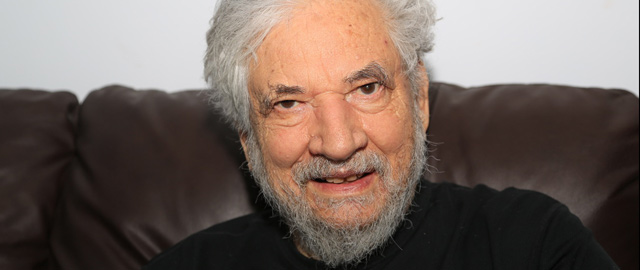
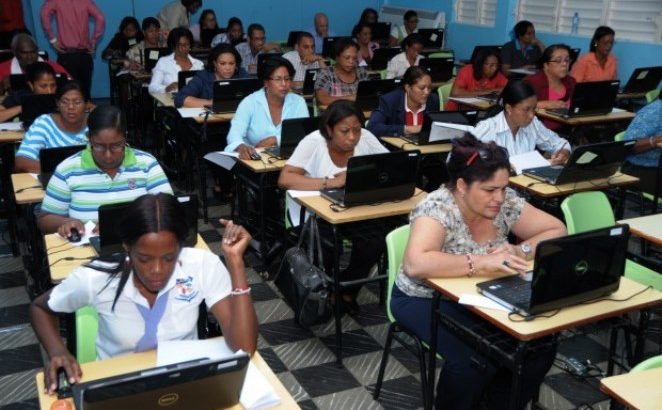







 Users Today : 91
Users Today : 91 Total Users : 35460108
Total Users : 35460108 Views Today : 112
Views Today : 112 Total views : 3418743
Total views : 3418743